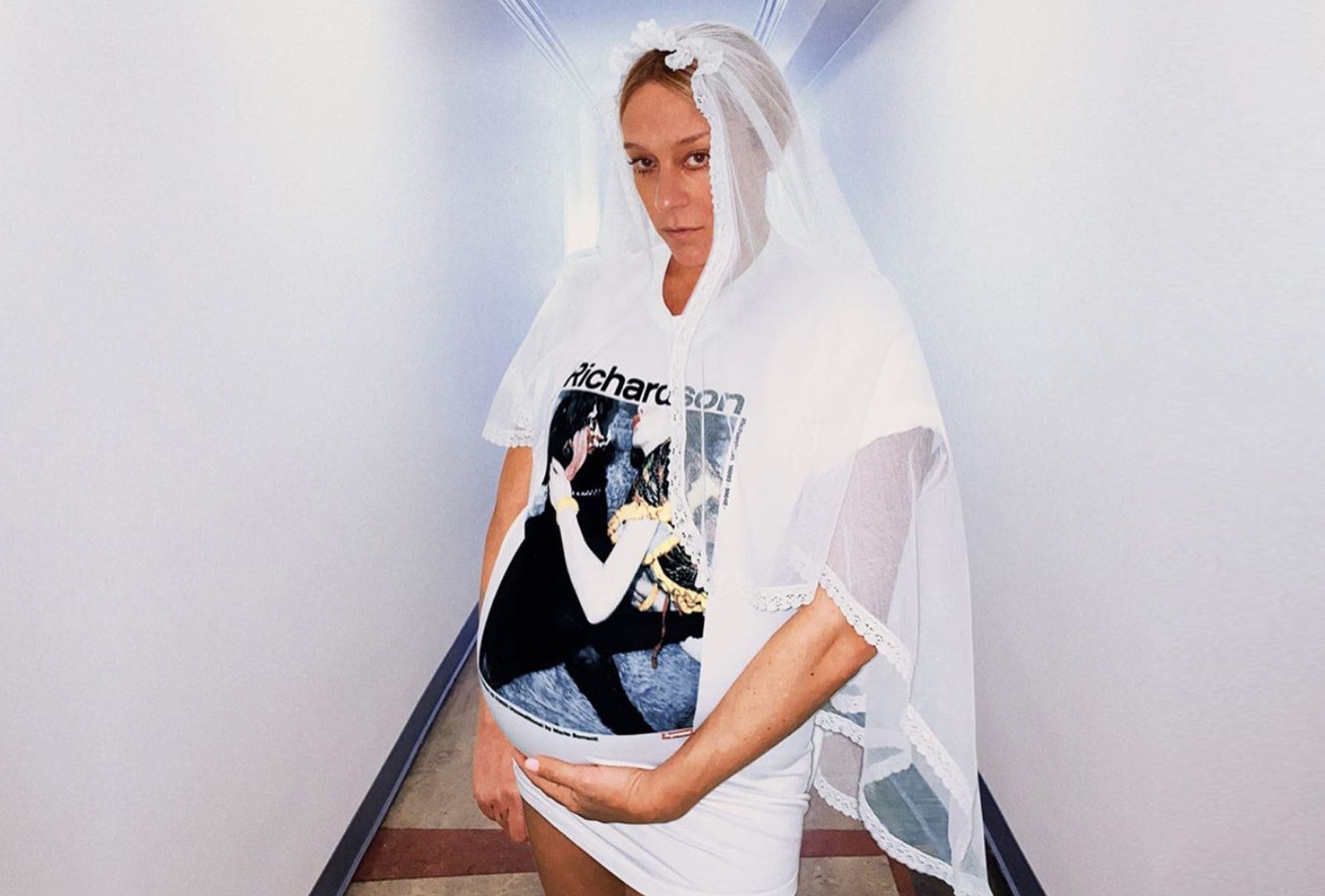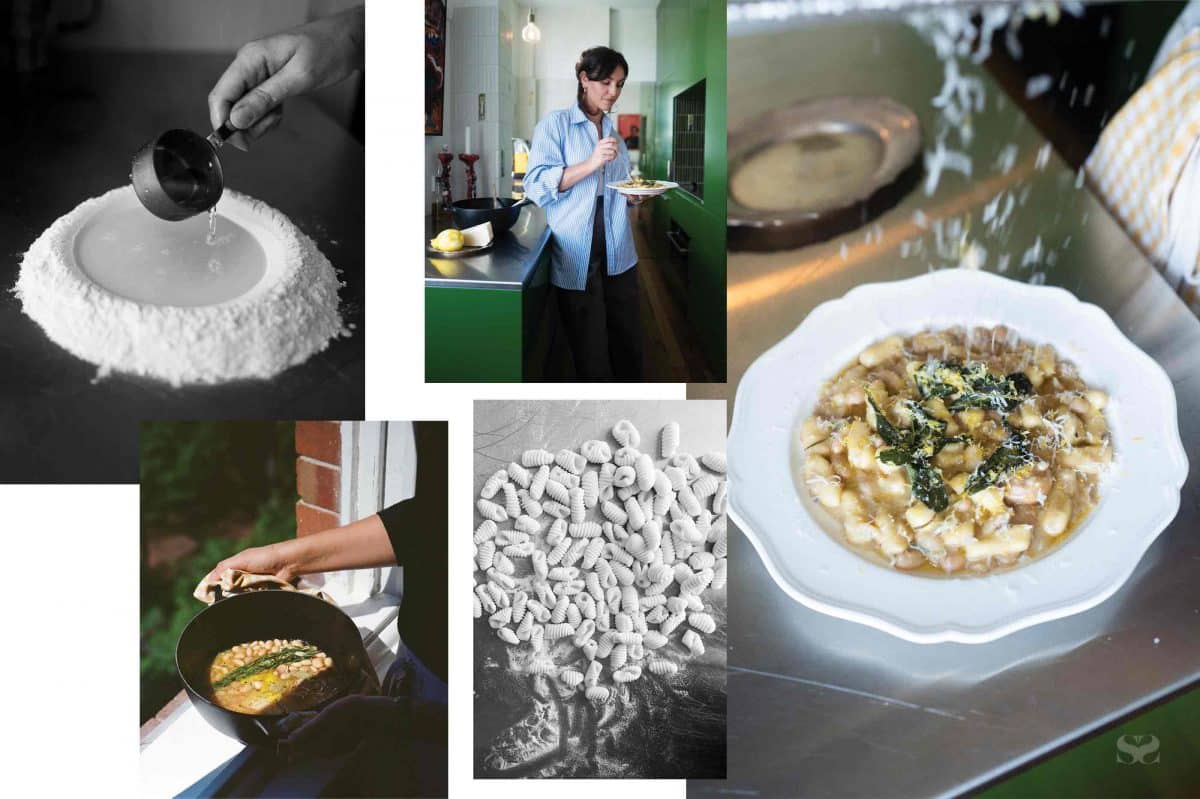
March is the month that plays host to World Doula Week - a time dedicated to spotlighting the work of doulas and birth support for pregnant people all around the world.
Pregnancy is a magical time, but it can be an adjustment for some. Navigating the world of pregnancy, birth and parenthood can be new and fraught with challenges especially for people experience disadvantage.
In honour of World Doula Week which runs across March 22 to 28, we spoke to Ruth Dearnley, Birth for Humankind CEO - a free birth support service for pregnant people that offers volunteer doulas. Here, a spokesperson from the organisation answers all the questions we had on the doula profession, helping us to understand more about care during pregnancy, childbirth and early parenting.
In your words, what exactly is a doula?
A doula is trained to provide emotional, practical and physical support to pregnant women; they view the person central to their experience. Doulas work with each persons to build autonomy and support them to make informed choices and encourage them to believe in their own strengths. They can be a companion, a source of knowledge or just a familiar presence. Doulas are accepting, respectful and compassionate.
As described by Maison on of our volunteer doulas: “(Being a doula means) acceptance of that person’s life path, their culture, their decisions, the way they want to birth, the way they want to raise their baby and the way they want to go through their pregnancy.”
What does a doula do? How do they support pregnant women?
A doula supports the pregnant person in whatever they decides is right for them and their baby, even if the doula would not make the same decisions. Doulas build relationships built on trust to find out what is important to each person.
A doula can support a person throughout pregnancy by providing evidence-based information to help prepare for labour. The doula may provide practical support during a birth such as physical support to work with their body in labour, touch, massage, movement or encouraging food and water; or they may just need to be present to ensure their client feels safe. A doula can also provide support postnatally to help the person and their family adjust to new life with a baby.
How is a doula different to a midwife?
A midwife is a registered health professional trained to provide clinical care and support to women across the childbearing continuum, while a doula is trained to provide non-clinical support across that continuum. Midwives and doulas are both passionate about supporting pregnant people; however, the reality of Australia's public health system is that the majority of pregnant people will not have the opportunity to receive continuity of care with a known care provider. Because of clinical responsibilities midwives don’t always get the opportunity to provide the kind of support to people they would like to. A doula can assist the person and their care providers by being there throughout their pregnancy and for labour and birth and the early post birth period.
For pregnant people who have experienced trauma or have a range of complex needs, a lack of continuity in their clinical care becomes an additional barrier to accessing appropriate support. The personal, practical, social and emotional support that Birth for Humankind volunteer doulas provide are always complementary to the clinical care they receive.
It's best put by Julie-Anne one of our volunteer doulas: “Often I find in hospitals that, that moment, that insane moment where a new family, a new mum, a new person is born, is completely lost — a doula can put her arms around that.”
When or why would someone engage a doula?
A persona can choose to engage a doula at any stage of their pregnancy or in the early postnatal period.
Research has shown that having a doula typically leads to having a more positive experience of birth and early parenting—this is one of the main reasons why people choose to have a doula. Doulas often work in private practice with paying clients, they may also volunteer with services such as Birth for Humankind.
Birth for Humankind volunteer doulas support clients who are financially & socially disadvantaged. These disadvantages create extra challenges for them in receiving quality maternal health care. Our doulas work with people to overcome these barriers so that they can enjoy a positive experience of becoming parents. Clients are referred by health or community services or they can refer themselves.
How do you become a doula in Australia?
There are many doula training courses offered in Australia either online or in-person. Each course is unique in their content delivery and approach, so anyone interested in becoming a doula should take some time to research and find the course that feels right for them.
Birth for Humankind volunteer doulas are trained and experienced birth support professionals who undertake additional training and professional development with our team to ensure they feel confident supporting our socially and culturally diverse clients.
We also specialise in providing doula training for bicultural people who are passionate about providing culturally safe support to people within their community.
What do you wish more people knew about the doula profession?
That everyone can benefit from having a doula! A doula does not replace a partner or other family members but rather supports everyone to be there for the person during this special time. A doula is a chosen member of the person’s professional support team.
Image: chloessevigny



